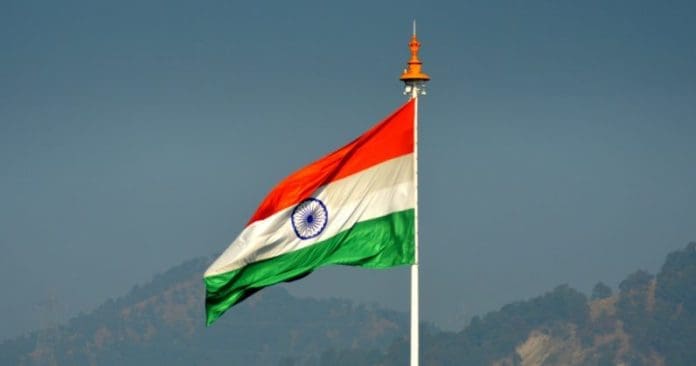Trade between India and Africa reached $100 billion in the most recent financial year, almost doubling from $56 billion recorded in 2019-2020.
The milestone reflects strengthening economic partnerships across the continent as both regions pursue deeper commercial ties.
Union Minister Kirti Vardhan Singh disclosed the figures at a recent business gathering, emphasizing the rapid growth in bilateral commerce. The expansion comes alongside India’s broader financial commitment to African development, including over $12 billion in concessional loans and $700 million in direct grants.
India’s total investment in Africa now stands at $75 billion accumulated between 1996 and 2024, ranking it among the continent’s five largest investors. This positions New Delhi as a major economic partner as African markets continue expanding.
Educational cooperation has emerged as another cornerstone of the relationship. India has provided more than 50,000 scholarships to African students, with over 42,000 already utilized. The program aims to build skilled workforces that can support future economic collaboration.
India has also championed African interests in international forums, partnering on initiatives like the International Solar Alliance and Coalition for Disaster Resilient Infrastructure. The country has provided emergency assistance to nations including Mozambique, Madagascar and Mauritius during natural disasters.
Ghana represents a significant portion of this engagement, with Indian foreign direct investment exceeding $2 billion across more than 900 projects. These span manufacturing, agriculture and infrastructure development, including $1 billion through specialized credit facilities.
Prime Minister Modi pledged during his parliamentary address in Ghana to double bilateral trade from its current $3 billion within five years. The commitment reflects confidence in continued growth momentum between the countries.
Economic analysts view the partnership as part of broader South-South cooperation trends, moving beyond traditional North-South trade patterns. The relationship signals a shift toward what officials call collaborative development rather than purely transactional engagement.
The growth trajectory suggests both regions see long-term strategic value in deeper integration, with African consumer markets offering opportunities for Indian businesses while India provides capital and technical expertise.
Source: newsghana.com.gh











